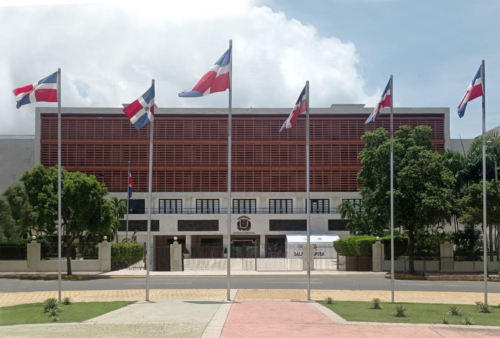Dominican Republic: New health protocol requires migrants to pay for care and face deportation after treatment

Rights group condemns Dominican Republic new health protocol for discriminating migrants.
Amnesty International condemned Thursday the Dominican Republic’s new health protocol that requires migrants to provide documentation and pay fees to access public health services. The group argued that the new protocol is discriminatory and may violate international human rights standards.
On April 6, the government announced a new health protocol consisting of 15 migration measures. Apart from requiring documentation and fees, a migrant patient who received medical care, relating to emergencies, hospitalization or childbirth, will be repatriated to their home country aftercare.
The group voiced strong concerns against the discriminatory policy, describing the protocol as “reinforcing racism in migration policies.” The group also argued that the practice threatens the right to health, privacy, and physical integrity, by deterring people at risk, especially pregnant women, children, and survivors of violence, from seeking the healthcare they urgently need. According to the group, the protocol violates the country’s own constitutional principle on free and universal access to health enjoyed by marginalizing migrants, undocumented Haitians, asylum seekers, stateless persons, and Dominicans of Haitian descent.
Ana Piquer, Americas director at Amnesty International, said:
President Luis Abinader must opt for measures that strengthen the health system. Implementing a system that exposes migrants to deportation after receiving medical care not only violates the right to health but also dehumanizes undocumented persons and will, in all probability, deter them from seeking hospital care, thus putting lives at risk.
Collective expulsion of aliens may amount to violations of multiple international conventions including the non-refoulement principle under the 1951 Refugee Convention and the Convention against Torture. National laws on expulsion on the basis of national origin may also engage with the Convention on the Elimination of Racial Discrimination.
On April 21, Amnesty International issued an urgent action demanding an end to the collective expulsion of Haitian migrants and the repeal of discriminatory migration policies in the Dominican Republic, stating that “since October 2024, more than 180,000 people have been deported.” In their urgent action, Amnesty International urged the Dominican population to reject these cruel and racist measures by action.
Escalating gang violence in Haiti has prompted many Haitians to flee to the Dominican Republic. On April 22, UN Special Representative Maria Isabel Salvador warned the Security Council that the political chaos, gang violence and displacement that follows are “approaching a point of no return,” urging for stronger international intervention.